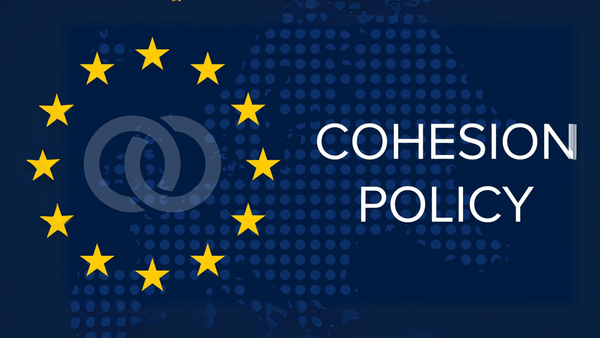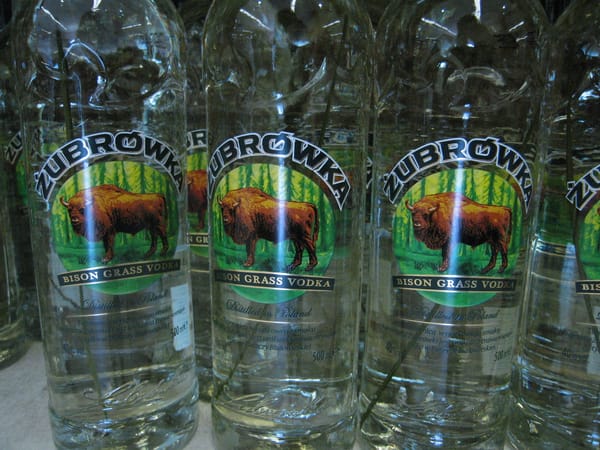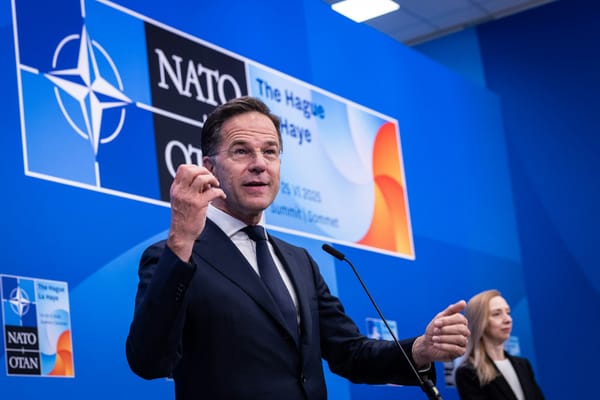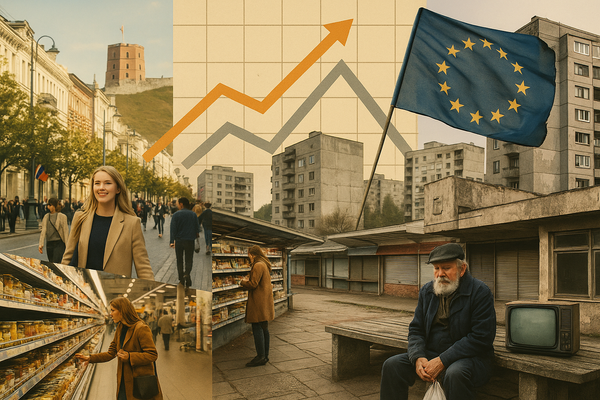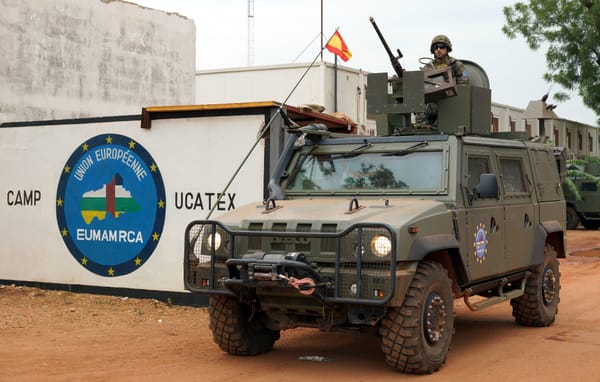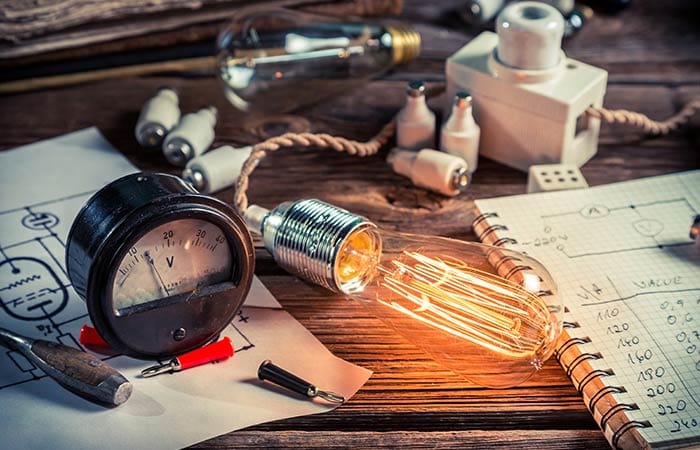
How a Slovak “brAIn” is Revolutionizing Renewable Energy Consumption
Known as the “Airbnb of clean energy” and “brAIn,” the Slovak startup Fuergy is a Central European success story in the field of green technology.
Fuergy revolutionizes energy consumption through its commitment to making renewables effective and affordable to everyone. The company has built a highly scalable hardware device and proprietary AI-powered platform backed by blockchain technology called “brAIn.” The device helps users optimize energy consumption and maximize the energy efficiency of renewables.
The Slovak company was founded in 2018 with the aim of making the sharing of renewable energy in households a reality by developing a mechanism that allows homeowners who generate surplus solar or wind energy to sell their extra energy to their neighbors instead of returning it to the grid as is usually done.
 Of its origins, Fuergy emerged when specialists with decades of experience in fields such as energy optimization and hardware & software development came together with innovators who had a futuristic vision about incorporating the energy sector into the ever-growing sharing economy to shake up the foundations of the current energy business. Their company profile on LinkedIn recalls that they put their heads together and started to work on a proprietary, highly scalable hardware device with AI-powered software, calling it “brAIn” and, following three months of pilot testing, it was able to reduce household energy costs by 66%.
Of its origins, Fuergy emerged when specialists with decades of experience in fields such as energy optimization and hardware & software development came together with innovators who had a futuristic vision about incorporating the energy sector into the ever-growing sharing economy to shake up the foundations of the current energy business. Their company profile on LinkedIn recalls that they put their heads together and started to work on a proprietary, highly scalable hardware device with AI-powered software, calling it “brAIn” and, following three months of pilot testing, it was able to reduce household energy costs by 66%.
Not only is Fuergy’s concept fueled by encouraging the use of renewable energy, but any unused energy can be passed on. “It is a perfect use case for the sharing economy—just like Uber or Airbnb,” COO Branislav Safarik told Observer. “However, unlike those two concepts, sharing energy involves much more data—online as well as predictions—and ‘exchanges’ over the day.”
That’s where artificial intelligence (AI) comes into the equation, he says.
The system developed by Fuergy has the ability to improve energy consumption and is connected to “Internet of Things” devices, which allow for energy consumption to be scheduled. It can also store energy, for example in the form of heat. COO Safarik says that in combination with weather forecasting and analysis of consumer habits, the system is able to adjust heating settings so, for example, no energy is wasted for heating an empty house at the beginning of a sunny day.
Fuergy’s emergence is a sign that the economic green revolution is also having an impact on energy management, with new consumption patterns (and opportunities) emerging in the market, as well as new providers and services. Slovakia’s Fuergy aspires to be one of the field’s innovators.

